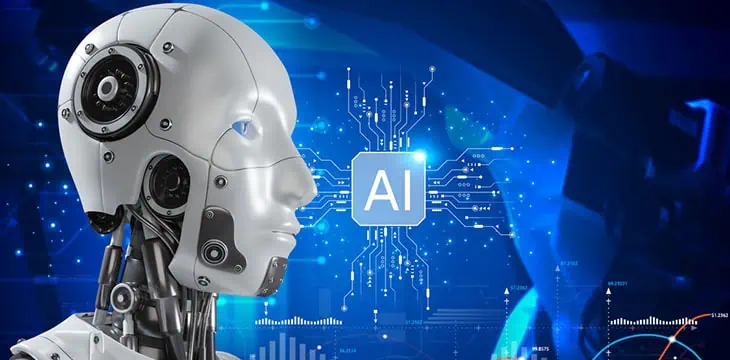|
Getting your Trinity Audio player ready...
|
China appears ready to catch up with the U.S. in terms of artificial intelligence (AI) by investing in a set of regulatory standards for the sector, but a nationwide rollout will not be easy.
Chinese authorities plan to launch 50 new AI standards to encourage standardization across the ecosystem. Aware of the mounting regulatory and legislative work ahead, local authorities are targeting a tentative launch date of 2026.
The standards, broad in scope, will cover the activities of AI service providers across generative AI, such as large language model (LLM) training, safety, governance, industrial applications, software, and computing systems, as well as looking for technical requirements and testing methodologies for semiconductors. China’s Ministry of Industry and Information Technology (MIIT) is the driving force behind the new standards, hinting at a collaboration between government agencies and the private sector.
The new standards, thought to be a robust upgrade from the 2023 AI guidelines, will affect up to 1,000 Chinese companies. A closer look at the plan reveals a laid-back approach to regulating AI rather than a hard stance akin to the treatment of digital assets.
“It’s an innovation-oriented and market-friendly regulatory approach,” said You Chuanman, director of the Institute for International Affairs Centre for Regulation and Global Governance at the Shenzhen campus of the Chinese University of Hong Kong. “This is more about enabling and promoting the development of the technology and its ecosystem.”
Adopting a lenient approach is expected to improve innovation in the space, but it hints at a raft of strict guidelines for service providers in the industry. Generative AI models have a duty to uphold China’s socialist ideals, while data center operators will be required to protect users’ privacy from bad actors.
If Chinese authorities meet their deadline of 2026, analysts say the local ecosystem may catch up with the U.S. in terms of market valuation, use cases, and adoption metrics.
“AI is the foundational and strategic technology driving the new round of technological revolution and industrial transformation,” read the MIIT policy. “The incoming standards will profoundly change industrial production and economic development patterns.”
China is seeking to build on the wide adoption of its AI resolution at the United Nations (UN), which is designed to encourage uniform development of the technology across global regions in non-military applications.
Early successes for China
Since the government gave the green light for Chinese firms to commercially release AI products in 2023, use cases for the technology have ballooned. Several industries, including robotics, automobiles, health, and education, have turned to AI to improve productivity and efficiency, and the trend is expected to continue for the foreseeable future.
Local LLMs have found international acclaim, matching the U.S.-based models in terms of performance despite limited access to chips and other hardware. The cold war with the U.S. has forced the hand of the government to explore alternatives for AI chips to satisfy skyrocketing local demand.
In order for artificial intelligence (AI) to work right within the law and thrive in the face of growing challenges, it needs to integrate an enterprise blockchain system that ensures data input quality and ownership—allowing it to keep data safe while also guaranteeing the immutability of data. Check out CoinGeek’s coverage on this emerging tech to learn more why Enterprise blockchain will be the backbone of AI.
Watch: Adding the human touch behind AI

 07-08-2025
07-08-2025 





